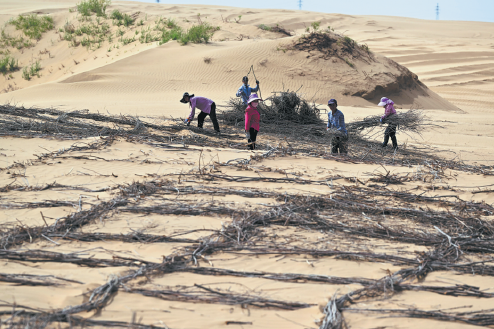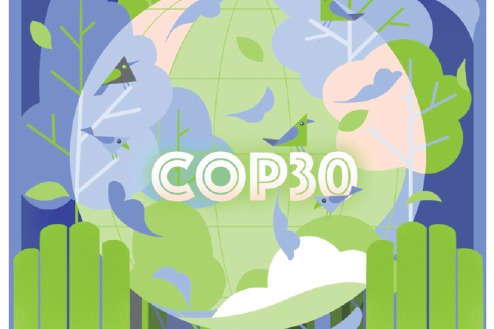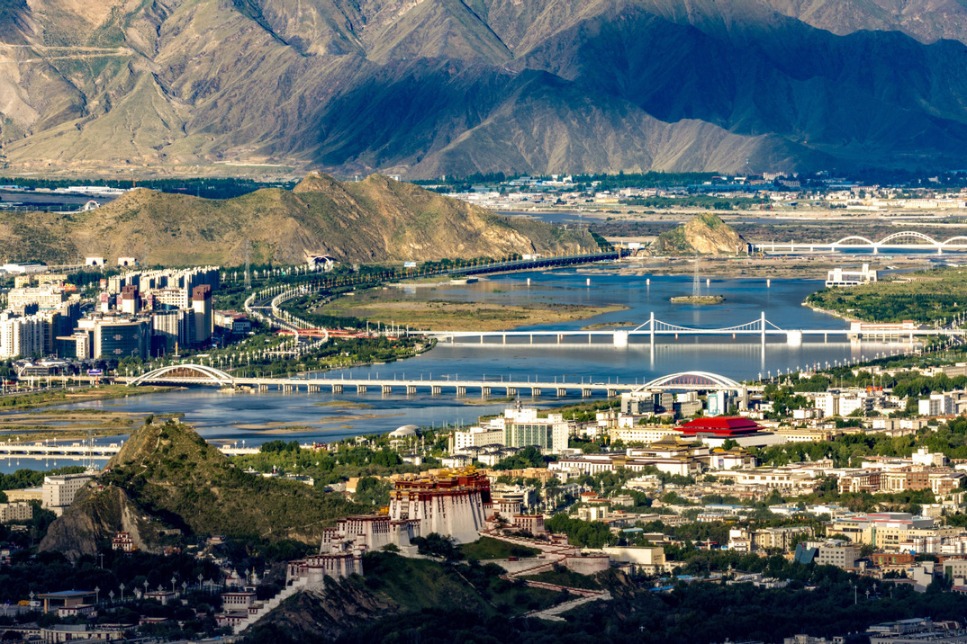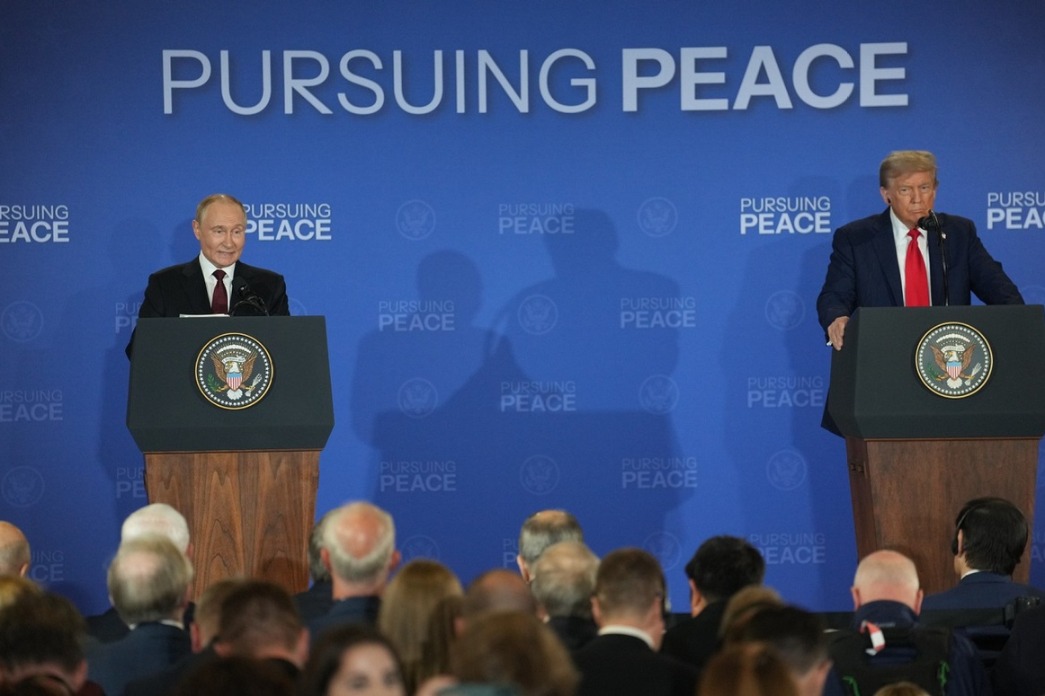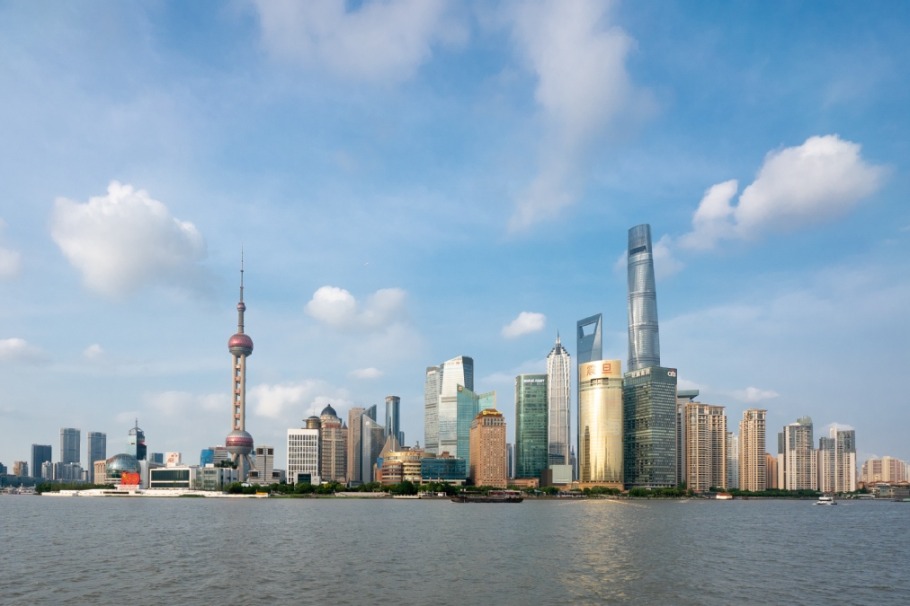Tariffs and the new geopolitics of the Amazon

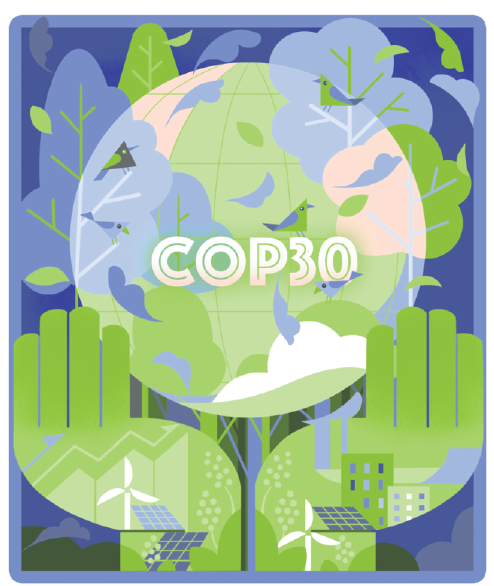
The United States' tariff offensive against BRICS is not just about trade disputes. It is also about launching a strategic attack on global climate cooperation. By targeting Brazil, and now India, the US administration is sending a message that countries that defy the US' geopolitical agenda — whether by purchasing Russian oil or supporting payment systems outside the orbit of the US dollar — are in its crosshairs.
The Amazon rainforest, though geographically thousands of kilometers away from the Oval Office, has become an indirect target of the US' economic war, since the countries that share it depend on export chains now threatened by tariff barriers and cross-sanctions.
The timing is not coincidental. We are three months away from the United Nations Climate Change Conference (COP30) in Belém, Brazil, in November, when the world should seriously discuss decarbonization targets and the protection of the largest rainforest on the planet. Instead, the global debate is being hijacked by the tariff drama and the threat of new trade wars. The result is a shift in focus: climate issues lose priority, giving way to power struggles. This is a gift to the most polluting sectors of the global economy, which breathe a sigh of relief when the environmental agenda loses prominence.
For Brazil, this story is not new. The Trump administration first imposed tariffs on steel and aluminum imports, including from Brazil, in 2018 under the pretext of protecting domestic industries and safeguarding American jobs. In practice, the then US president sought to undermine the diplomatic autonomy of a country that — even under the previous president Jair Bolsonaro who supported the US administration — fulfilled its multilateral commitments including active participation in BRICS. Tensions have escalated sharply since President Trump returned to office in January 2025. In addition to punitive tariffs of up to 50 percent, the US has also interfered in Brazil's internal affairs. The US has also issued belligerent statements, and pressured the judiciary not to target far-right allies and followers of former president Bolsonaro.
Incumbent Brazilian President Luiz Inacio Lula da Silva has responded firmly, reaffirming the independence of institutions and strengthening strategic alliances to counter the US' offensive.
Now, India has taken Brazil's place as the current "tariff enemy", punished for continuing to buy Russian oil and resell it at a profit in the global market.
What links these cases is the attempt to suffocate BRICS, now strengthened by the inclusion of new members and an agenda that includes financial alternatives to the US dollar, green investment, and technological cooperation. By striking economically at two of its largest members (Brazil and India), the US administration is sending a clear message: there is no room for emerging powers to chart an independent course without facing US retaliation.
The Amazon rainforest enters this geopolitical chessboard subtly, yet decisively. Brazil, Bolivia, Colombia, Peru, Ecuador, Venezuela, Guyana and Suriname are home to not only unparalleled biodiversity, but also strategic assets such as freshwater, critical minerals and arable land. Any global plan for energy transition and climate adaptation necessarily depends on preserving this territory. Weakening the economies of Amazonian countries will create a dangerous cycle: governments pressured by trade losses tend to yield more easily to domestic demands for predatory resource exploitation.
China has recognized the development challenges faced by many Global South countries and has become the world's largest provider of green finance, supporting renewable energy, reforestation, and low-carbon infrastructure worldwide. While China's total carbon emissions reflect the scale of its economy and population, the country leads the world in investment in clean energy, and technological innovation, making it a driving force in the global transition and an alternative to the Western model of conditional aid and punitive tariffs.
What is at stake at COP30, therefore, goes far beyond emission-reduction commitments. It is about deciding whether the Amazon will be a sovereignty managed as a strategic asset by the countries that compose it, or be treated as a bargaining chip in a game dominated by tariffs, sanctions and major power disputes. The US administration's rhetoric about "protecting the climate", opportunistically invoked when convenient, does not withstand honest scrutiny: its policies prioritize the immediate economic advantage of the US, even if that means derailing environmental agreements.
In this context, Brazil plays a critical role. Lula has already shown a willingness to lead the climate debate, restoring multilateral commitments and placing forest protection at the center of his diplomacy. But leadership requires more than fine speeches; it demands building strategic alliances with Amazonian countries, strengthening green-finance mechanisms without hidden traps, and resisting the commercial blackmail of the superpower. The COP30 presidency is a unique opportunity to show that the Global South is not condemned to be a spectator to decisions made in the Global North.
The US' tariff war against BRICS is not an isolated chapter in US foreign policy; it is part of a broader strategy to preserve US hegemony in an increasingly multipolar world. The Amazon, with its climate and economic significance, is one of the stages on which this struggle plays out. If the region's countries do not take the lead, they risk having their future decided behind closed doors — and not in Belém, in front of the world.
The challenge is to turn COP30 into a counterpoint to this logic. Instead of accepting the narrative that global trade and environmental protection are incompatible goals, the Amazonian countries and their BRICS partners should demonstrate that it is both possible and urgent to integrate economic development with preservation. The US' tariff war, paradoxically, may serve as a catalyst for a new climate alliance, uniting those who refuse to choose between prosperity and protecting the planet.
The author is an economist, retired professor at the University of Brasília and member of the Brazilian Association of Economists for Democracy. The views don't necessarily represent those of China Daily.
If you have a specific expertise, or would like to share your thought about our stories, then send us your writings at opinion@chinadaily.com.cn, and comment@chinadaily.com.cn.



















